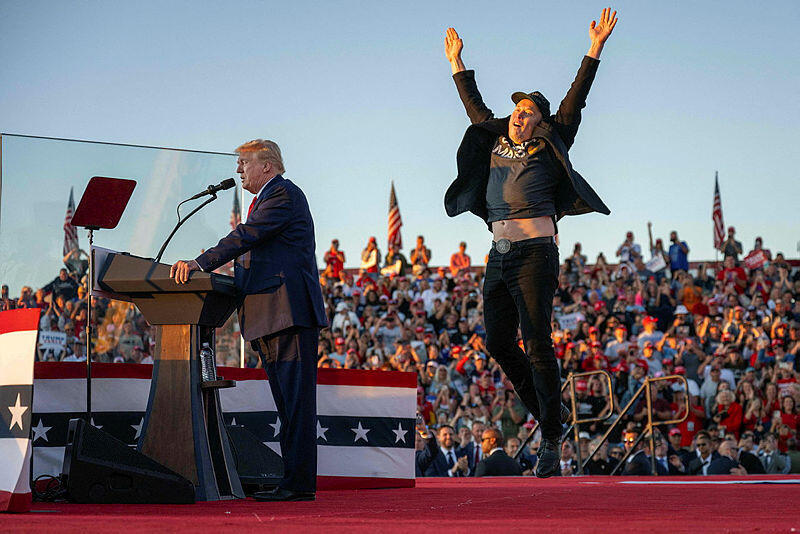Elon Musk and his X platform (formerly Twitter) have become central channels for spreading misinformation and misleading statements about U.S. elections, according to a report by the Center for Countering Digital Hate (CCDH), a nonprofit organization focused on combating online hate.
The research found that Musk's posts containing false or misleading claims have garnered approximately 2 billion views to date. X reportedly has a monthly active user base (MAU) ranging between 380 million and 600 million.
The study also noted that while X has a "Community Notes" feature designed to combat misinformation, the platform has emerged as a primary tool for distributing false information on elections and politics, particularly in swing states where small shifts in voter opinion could sway election outcomes.
Musk has been open about his strong support for former President Donald Trump, a sentiment shared by other Silicon Valley figures, including Peter Thiel, a longtime friend of Musk. Although prominent tech leaders like Meta founder Mark Zuckerberg and Amazon's Jeff Bezos have remained publicly neutral, the report hints at possible tacit support for Trump among Silicon Valley elites, who have often opposed regulatory measures imposed by Democrats on online services and technological innovations.
With around 203 million followers on X, Musk wields significant influence, amplifying his statements to a vast audience. In the current "post-truth" era, where a claim made by a well-known figure can quickly be accepted as fact or perceived as such, Musk's platform poses a serious challenge, particularly during election season.
The CCDH report found that approximately 87 of Musk's posts this year related to the U.S. elections contained false information. However, it's not just Musk contributing to the spread of misinformation—X users themselves benefit from the platform's minimal restrictions, allowing them to post and share almost anything.
Earlier this week, for example, false claims circulated on X, alleging that local election officials were marking voter registration forms as invalid, suggesting a Democratic attempt to steal the election.
Israeli cybersecurity firm Cybera, which tracks online misinformation, also reported a key account with around 117,000 followers played a pivotal role in spreading a fake video purporting to show Pennsylvania ballot drop boxes being set on fire.
Get the Ynetnews app on your smartphone:




